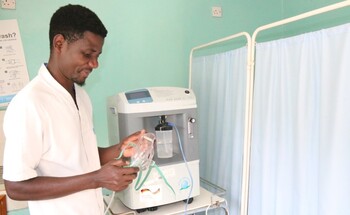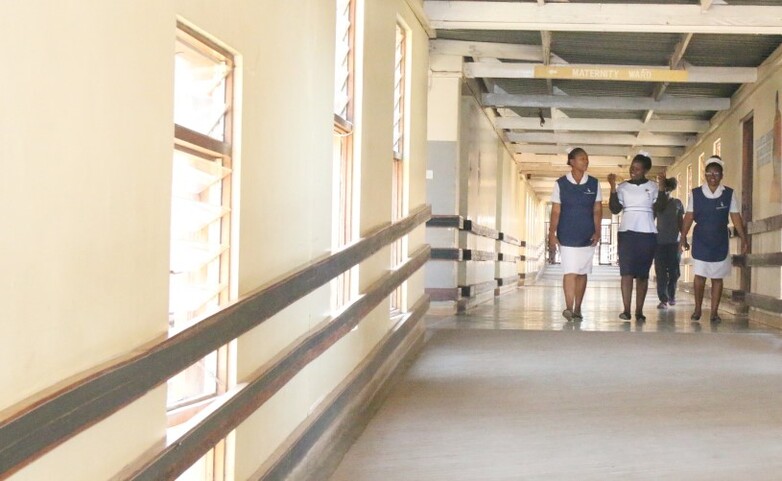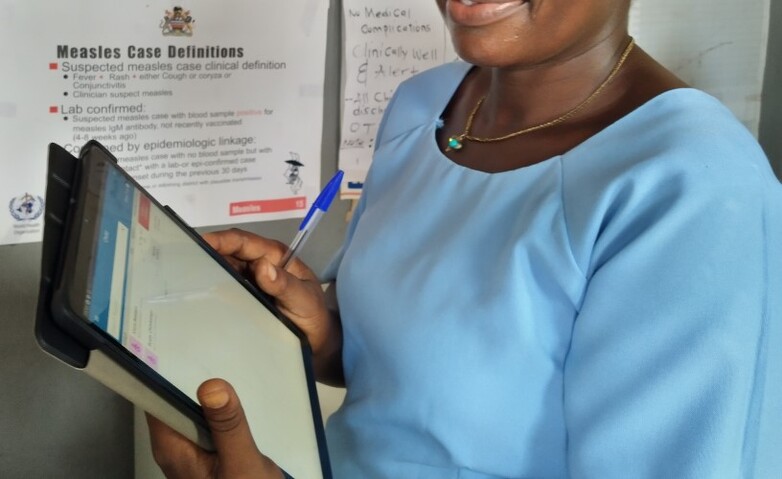Improving health services for young people, mothers and newborns in Malawi
Health systems strengthening with a focus on reproductive health
 © GIZ Malawi
© GIZ Malawi
Health systems strengthening with a focus on reproductive health

German Federal Ministry for Economic Cooperation and Development (BMZ)

Malawi

Malawi, Ministry of Health
Malawi - Ministry of Health

2024 to 2027

Mchinji
Mchinji, Lilongwe, Dedza and Ntcheu district councils

Social development

Malawi is one of the poorest countries in the world and its health system is severely underfunded. There is a lack of high-quality, gender-sensitive and respectful sexual and reproductive health services, such as prenatal care, neonatal care and cervical cancer screening. This limits the right to sexual and reproductive self-determination – especially for women. It also leads to higher maternal and newborn mortality, a large number of teenage pregnancies, and rapid population growth.
The knowledge and skills of managers and health professionals must be developed in order to improve the planning, coordination, management and quality of these health services.
Selected districts in Malawi offer high-quality sexual and reproductive health services for women and young people with and without disabilities.
 © GIZ Malawi
© GIZ MalawiThe project works with Malawi’s Ministry of Health and Mchinji, Lilongwe, Dedza and Ntcheu district councils to better plan, coordinate and deliver services relating to sexual and reproductive health and rights (SRHR). In line with Malawi’s National Health Sector Strategic Plan III, this includes:

Last update: September 2024